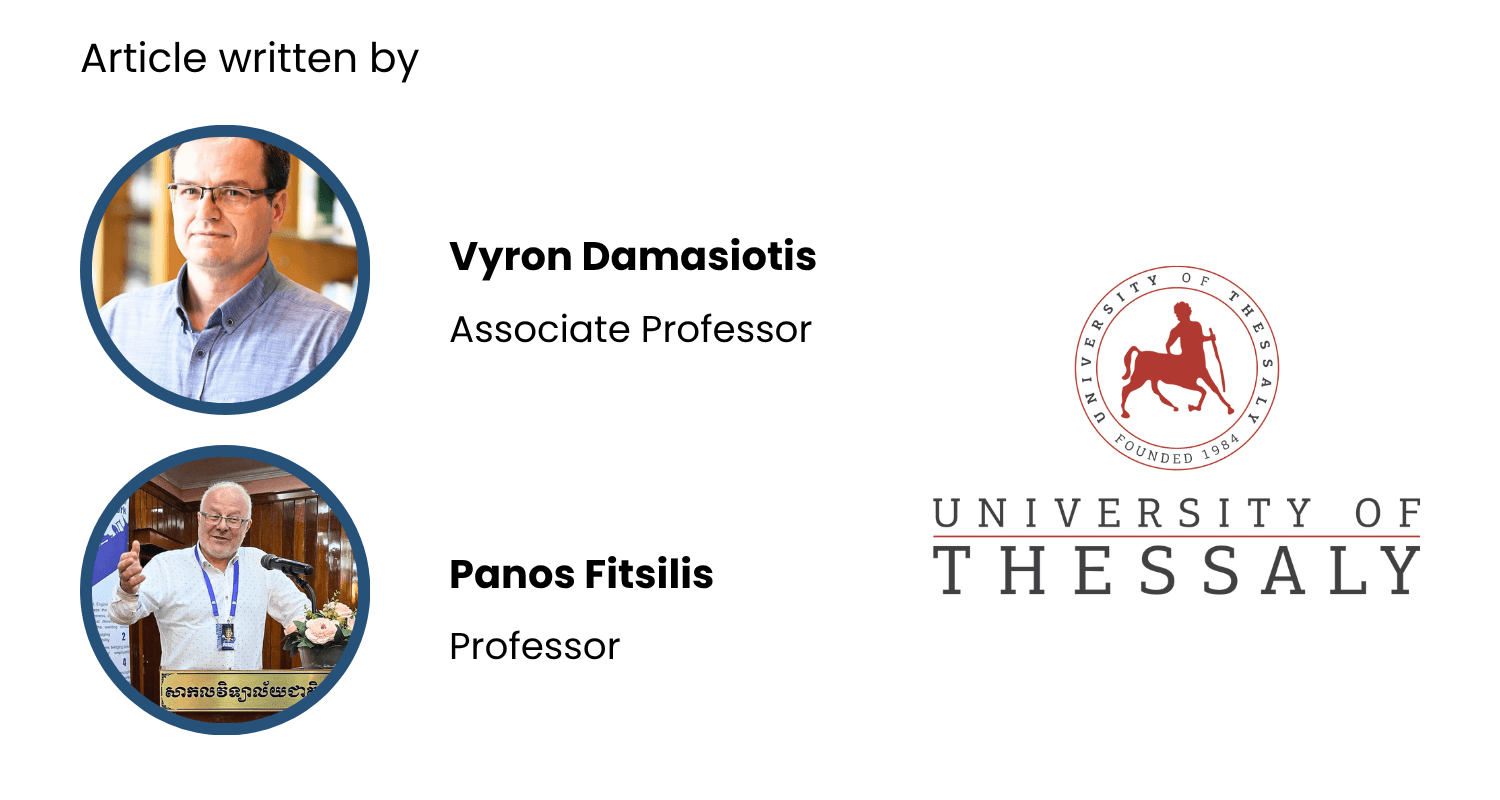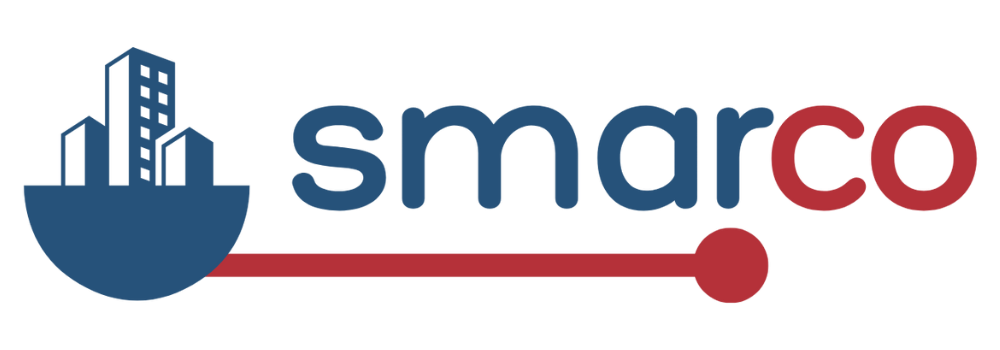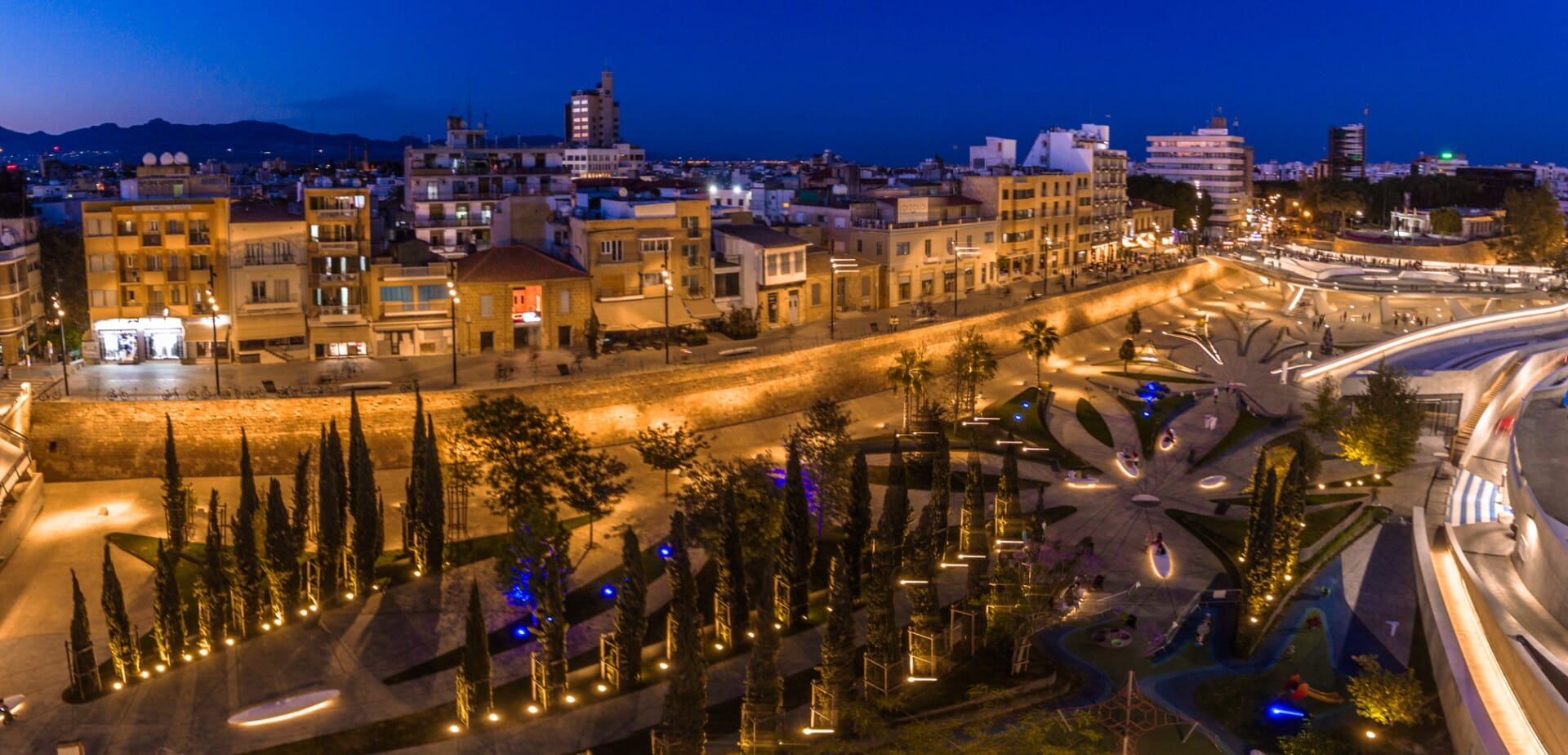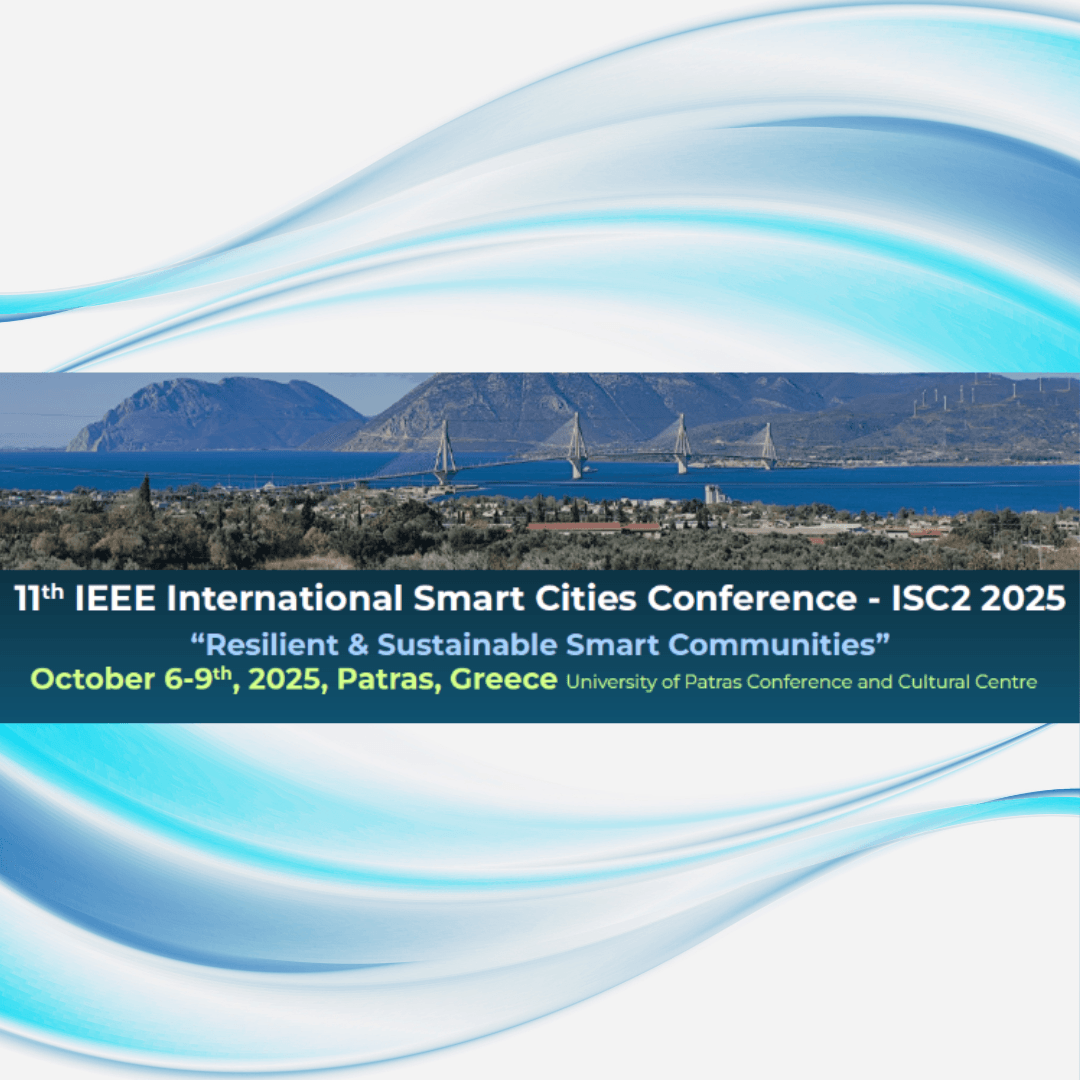Introduction
What does it take to future-proof Europe’s cities – making them not only smart, but also sustainable, inclusive and resilient?
The SMARCO (Smart Communities) project is committed to equipping Europe with the skills, knowledge and tools needed to accelerate its transition towards smarter, more resilient and sustainable communities. Central to SMARCO’s approach is the integration of international best practice – most notably the outcomes of the SCALE (Smart City ASEAN Learning Network) project, an Erasmus+ initiative that successfully united universities and industries from Europe and Southeast Asia to address the growing demand for smart city competencies.
SCALE’s structured methodology – including the mapping of smart city standards, stakeholder-led identification of skills needs and the development of micro-course-based curricula – offers a robust framework for capacity-building in urban innovation. SMARCO builds directly on these foundations, adapting SCALE’s evidence-based practices to suit the European context. This involves tailoring its skills taxonomy, modular learning formats and interdisciplinary focus to meet Europe’s specific goals for digital transformation, green innovation and community-led urban resilience.
By drawing on SCALE’s insights and tools, SMARCO ensures that its educational strategies are both globally informed and locally relevant – empowering European cities and regions to cultivate a future-ready workforce capable of leading sustainable urban change.
The SCALE Project
The SCALE (Smart City ASEAN Learning Network) project, funded by the Erasmus+ Programme and coordinated by the University of Malaya, brings together 14 academic and industry partners from Europe and Southeast Asia to tackle the growing need for capacity-building in the domain of Smart and Sustainable Cities (SSCs). The University of Thessaly (UTH) and the Hellenic Open University (HOU) in Greece are key European partners in the project, contributing expertise in curriculum reform, urban sustainability and educational innovation. Further details on the project can be found at https://scaleproject.eu.
SCALE’s Mission and Methodology
SCALE’s main objective is to develop a forward-looking, skills-based education and training ecosystem for smart cities in ASEAN countries, with emphasis on micro-courses, short, flexible learning units designed to deliver targeted and practical knowledge for professionals and students.
The methodology adopted by SCALE is structured in three key phases:
Phase 1 – Mapping Smart City Initiatives and Standards
Assessment of smart city implementation status in Cambodia, Malaysia and Thailand. This included identifying how many cities have smart city designations (e.g. Bronze, Silver, Gold, Platinum) and which ISO indicators (e.g. ISO 37120/37122) they aim to achieve in the coming years.
Phase 2 – Skills Needs Identification
Focus groups and interviews were conducted with smart city stakeholders (planners, IT managers, government officials, educators, entrepreneurs) to gather qualitative insights on emerging skills needs and competency gaps.
Phase 3 – Quantitative Survey
A structured Likert-scale survey instrument was used to rank 41 identified skills across seven thematic domains. This allowed the team to measure perceived importance and demand for each skill across sectors and countries.
Seven Domains of Future Skills
SCALE identified high-demand competencies across the following thematic areas:
- Civil & Social: Digital literacy, public relations, digital ethics and communication skills.
- Health & Well-being: Smart health devices, green spaces, ergonomics and mental health awareness.
- Safety & Security: Cybersecurity, data privacy, biometrics, crisis management and blockchain.
- Environmental Quality: Renewable energy, climate adaptation, waste management and water systems.
- Built Infrastructure: Urban planning, green buildings, disaster response and logistics.
- Innovation & Industry: AI, IoT, data analytics, digital marketing and cross-skilling.
- Internet & Technology: Big data, cloud computing and smart systems integration.
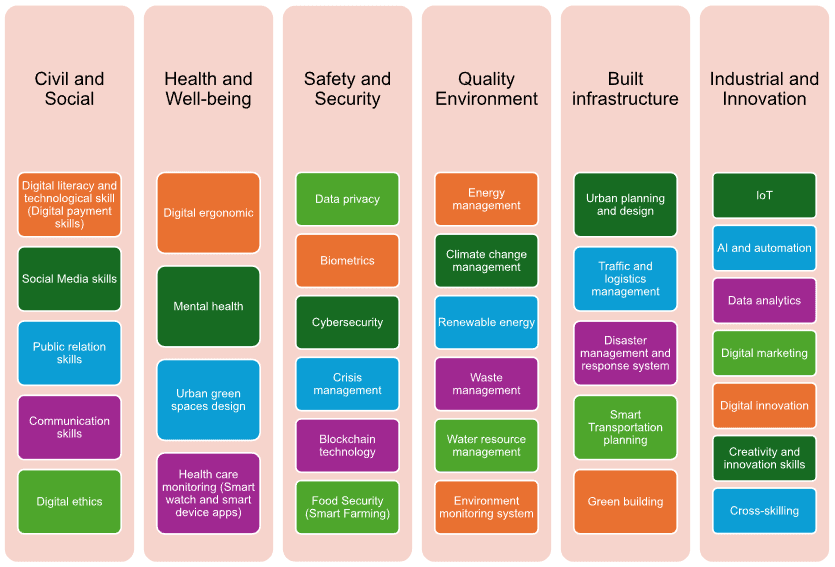
Educational Innovations and Curriculum Framework
Recommendations and Best Practices stemming from the SCALE project
The SCALE project offers valuable practices that can inform other projects for smart community workforce development in Europe.
- Implement micro-courses as the backbone of training pathways for emerging roles such as Smart Community Resilience Engineer and Planner.
- Use a standard skills taxonomy like the one used in SCALE project to ensure that training content reflects real-world demands and is validated by industry and public stakeholders (see Table 1).
- Align job profiles and learning outcomes with EQF and ESCO frameworks to enhance employability and mobility.
- Foster interdisciplinary, green and digital competencies such as GIS, cybersecurity, public-private collaboration and sustainability assessment.
- Embrace modular and flexible curriculum design, encouraging lifelong learning and upskilling in response to rapid urban transformation.
By embracing SCALE’s structured methodology and evidence-based approach, SMARCO can scale its impact and develop future-ready professionals for resilient and sustainable smart communities in Europe.
